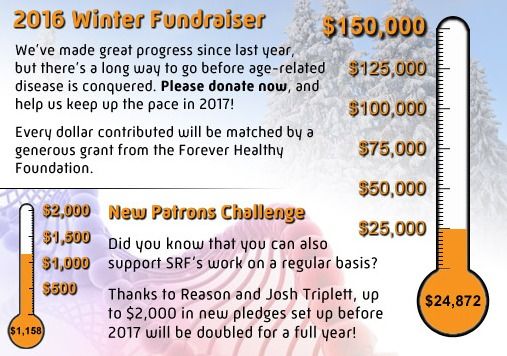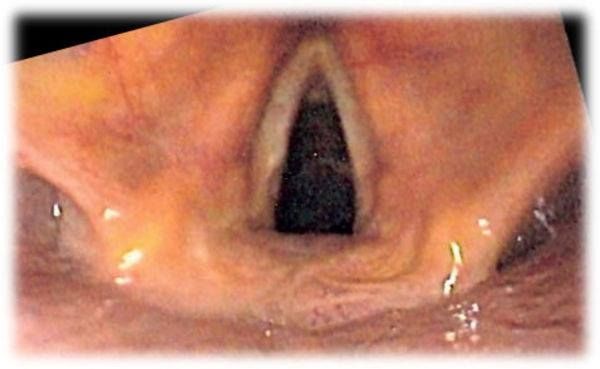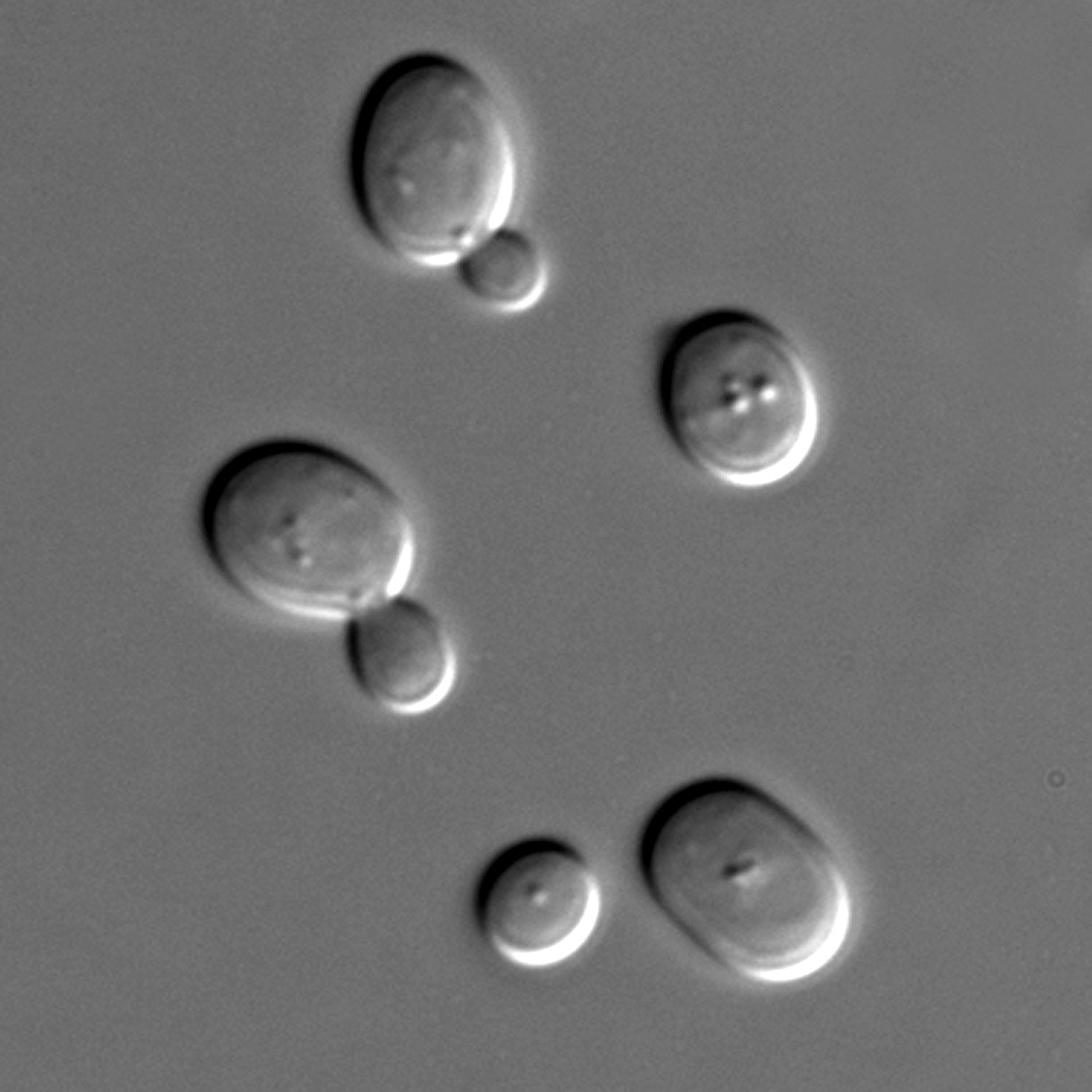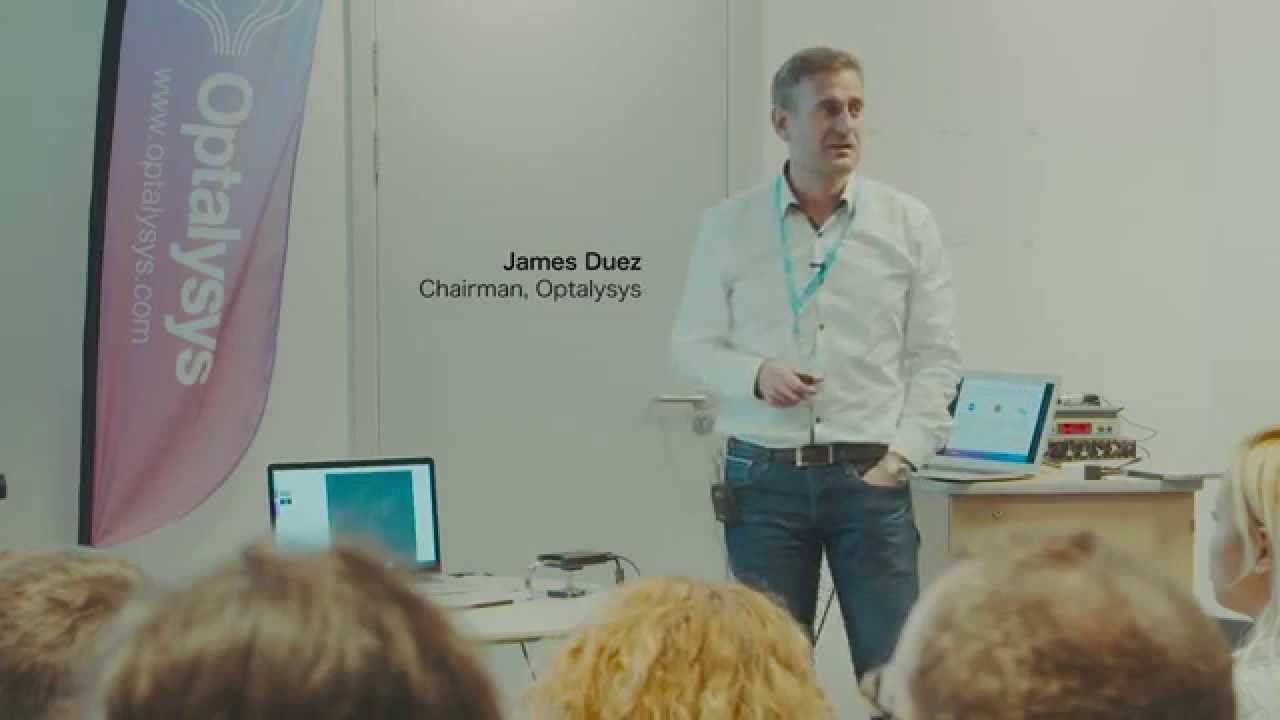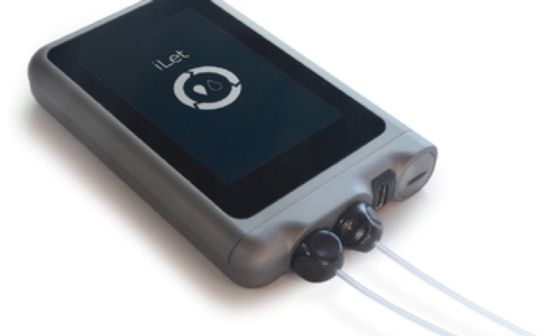Nov 8, 2016
Scientists Have Found a Bizarre Similarity Between Human Cells and Neutron Stars
Posted by Sean Brazell in categories: biotech/medical, space
If you were to compare yourself to a neutron star, you probably wouldn’t find very many things in common. After all, neutron stars – celestial bodies with super strong magnetic fields – are made from collapsed star cores, lie light-years away from Earth, and don’t even watch Netflix.
But, according to new research, we share at least one similarity: the geometry of the matter that makes us.
Researchers have found that the ‘crust’ (or outer layers) of a neutron star has the same shape as our cellular membranes. This could mean that, despite being fundamentally different, both humans and neutron stars are constrained by the same geometry.

